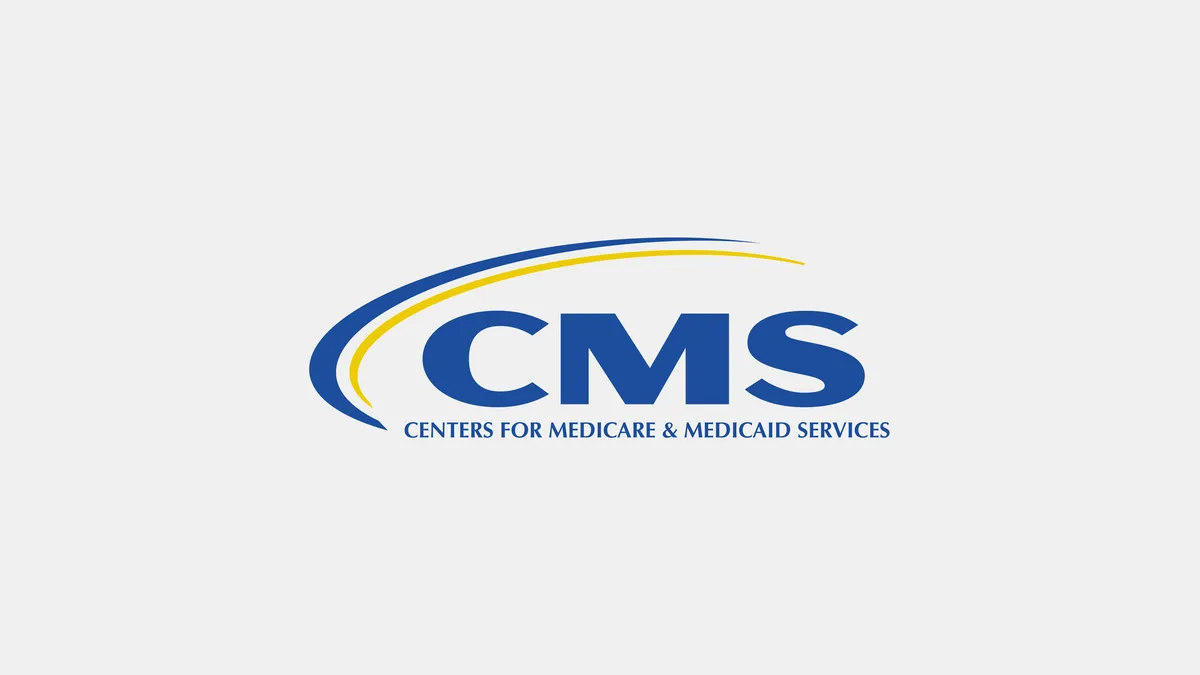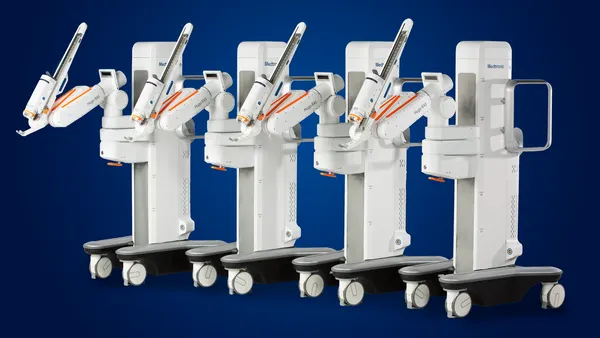Dive Brief:
- Medicare is expected to release a draft of its updated National Coverage Determination (NCD) on transcatheter aortic valve replacement (TAVR) by Wednesday, according to Cowen Washington Research Group analysts.
- The Centers for Medicare and Medicaid Services' existing NCD sets volume requirements for hospitals that want to perform TAVR procedures. CMS is reconsidering its NCD at the urging of some physicians who argued lower-volume heart centers should be allowed to offer TAVR to increase patient access to the treatment.
- In July, a CMS advisory panel failed to reach a consensus on whether patients benefit when hospitals meet volume thresholds for operating TAVR programs.
Dive Insight:
The continuing success of TAVR as an alternative to open heart surgery has led Edwards Lifesciences to predict the global market for the minimally invasive procedure will grow to $7 billion by 2024. Less than two weeks ago at the American College of Cardiology (ACC) annual meeting in New Orleans, Edwards and Medtronic, the only two companies with FDA-approved TAVR devices, unveiled new data showing the treatment worked as well or better than surgery in low risk patients.
The valves, threaded to the heart via a catheter through the arteries, initially were approved for patients deemed too frail or high risk for surgery and later gained an expanded indication for those at intermediate risk for death and complications associated with surgery.
In comments to CMS, Edwards said the agency should establish standards based on quality, rather than volume, for determining which hospitals can perform TAVR procedures.
Medtronic, meanwhile, said there is not enough scientific evidence to support significantly changing the current volume requirements. The ACC recommends TAVR sites in areas of the country with low population density be allowed to offer the procedure if they can document acceptable quality, even if they fall below volume thresholds.
Analysts at Cowen Washington Research Group said CMS is more likely to loosen volume-based standards for TAVR centers than to tighten them. The analysts also predicted the agency would remove a two-surgeon sign-off rule for the procedures.
Edwards and Medtronic may soon face fresh competition in the TAVR market. Boston Scientific is preparing to reintroduce its Lotus valve in Europe and is also anticipating U.S. approval to market the device to treat high-risk patients.










